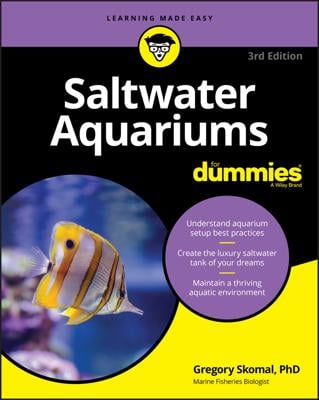Hobbyists new to aquarium keeping get such constant reminders not to overfeed their fish that they sometimes end up underfeeding them. Too much food in an aquarium tank can also build up and foul the water or increase the risk of disease.
You want to make sure that your aquarium fish receive all the nutrition they need. Overfeeding can lead to obesity and other health problems. If your fish resemble overinflated tires, cut back on the grub. Remember that your fish's stomach is no larger than its eye.
Excess food around the edge of the substrate is one sign of overfeeding. This wasted food accumulates on the bottom of the tank, turns muddy brown, and begins to spoil. Spoiled food can cause health problems for your fish if they happen to eat it. If excess food piles up, decrease the amount you feed and try putting the food in a different area of the aquarium.
Excess food breaking down on the substrate surface also can cause an overabundance of harmful ammonia. If you do happen to overfeed, remove the excess with a standard aquarium vacuum.
The general rule is to feed only what your fish can eat in a period of three to five minutes per feeding. Now, this doesn't mean that you have to stand around with a starter's whistle and stopwatch at every meal. Just check to make sure that your fish polish off all the food within five minutes. Another option is to purchase a plastic feeding ring that keeps most dry foods confined to a small area on top of the water. A feeding ring can keep most of the food from quickly falling to the bottom of the tank.
If possible, feed adult fish three small meals per day instead of just dumping a bunch of food in at one time. Juvenile fish and fry need be fed more often to insure that they grow properly, so give them a couple of extra light feedings each day.

